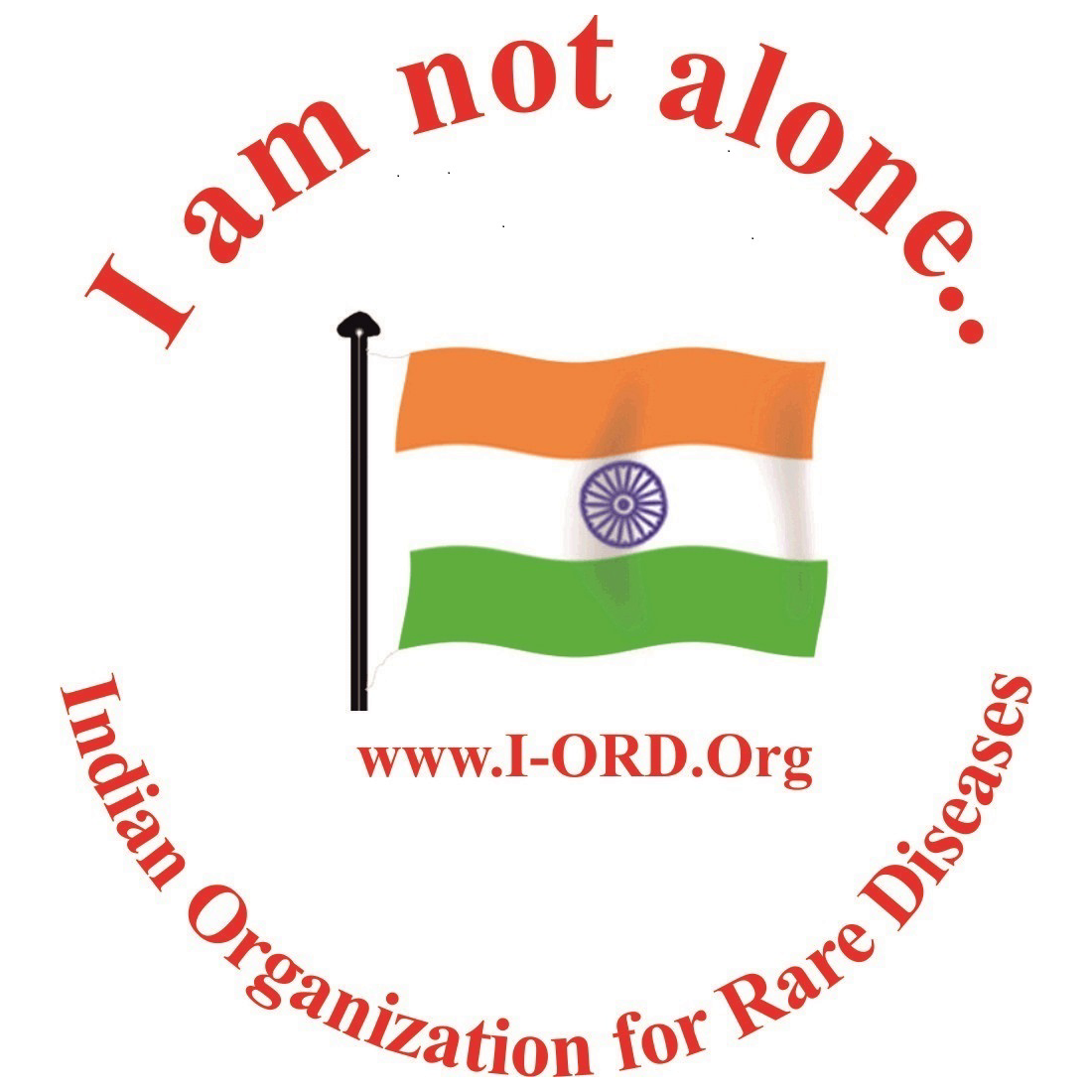There are an estimated 6000 to 8000 rare diseases in the world and any research on any of these diseases is always a welcome development.
While different countries define rare diseases differently as what is considered rare in a country may not be considered as such by others, but a disease is generally believed rare if it affects between 6% and 8% of the population.
Statistically, according to EURORDIS – Rare Diseases Europe and Orphanet Ireland, the estimated number of people living with a rare disease is around at 300 million worldwide including a significant number of them living in India.
This is where research comes into play to understand the prevalence of Rare Diseases in India and awareness level of the people towards various inter-connected issues such as genetic contribution, existing support system, government policies on rare diseases and orphan drugs.

